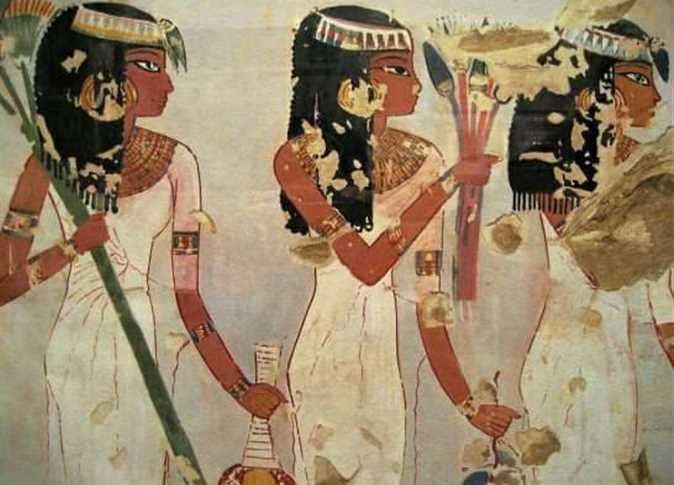Like all countries around the world, the celebration to show appreciation to the woman who had sacrificed her entire life for her family’s happiness is celebrated annually on the second Sunday of May.
In fact, Mother's Day is a celebration honouring the mother of the family, as well as motherhood, maternal bonds, and the influence of mothers in society.
But did you know the facts behind the Mother's Day celebration in the gold age of the pharaohs?
Indeed, the inscriptions on the walls of the Egyptian temples reveal the level of dignity with which the ancient Egyptians treated their mothers.
In the same context, the archaeologists have found many papyri manifesting the mothers’ special status to such a high degree that they dedicated a day to celebrate her.
Furthermore, they elevated the mother’s until they reached the rank of the gods, such as Hathor (the ancient goddess of love and motherhood) and Isis (the more famous and well-known ancient goddess of motherhood).
On the other hand, Isis was the one who fought long and hard to retrieve her husband Osiris's body parts and restore her son Horus’s rights. A lot of statues portraying her while holding and breastfeeding her baby has been made in her honour. Another example of great ancient goddesses is Tweret (the ancient goddess of fertility, pregnancy, and birth).
The ancient Egyptian partook in the annual Nile flood rituals to honour Hathor, the Nursing mother of all gods, in which they would make offerings of honey-cakes, fine drinks, and flowers at dawn.
In the Greco-Roman culture, Isis was associated with goddesses Hathor, Demeter, Astarte and Aphrodite (Venus) which furthered her symbolic ties with fertility and femininity.
It’s worth mentioning that Mareet Nite, Hachpsut, Khentkaus, Ta, Sirte and Sebeck Nefro, took the most famous and powerful power of the queens who ruled Egypt; their rule was a prominent point not only in the history of the modern family but in the history of all of ancient Egypt.
Contributed by Ahmed Emam













